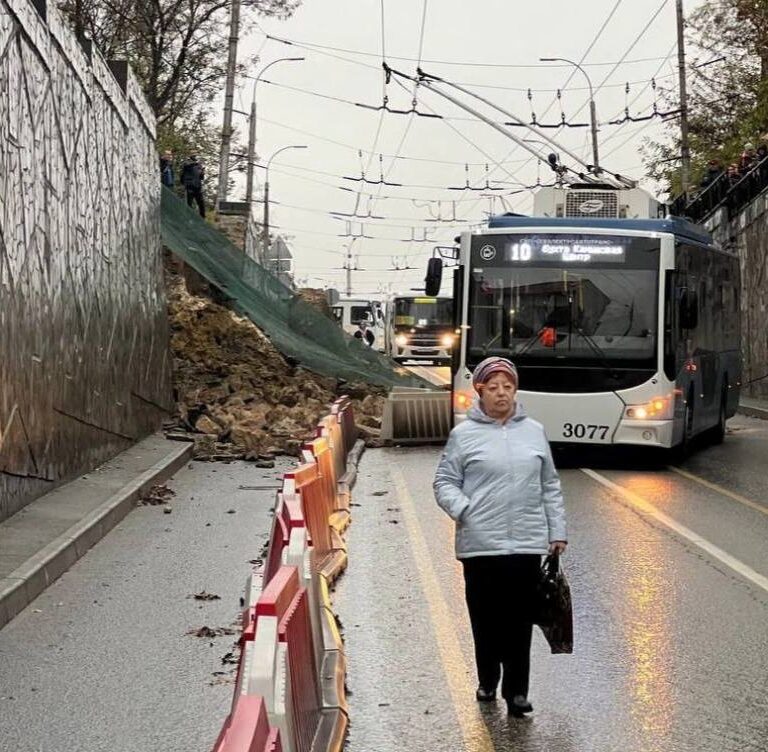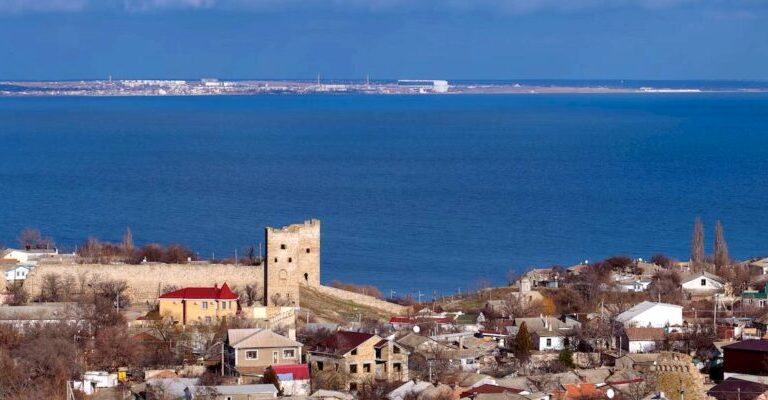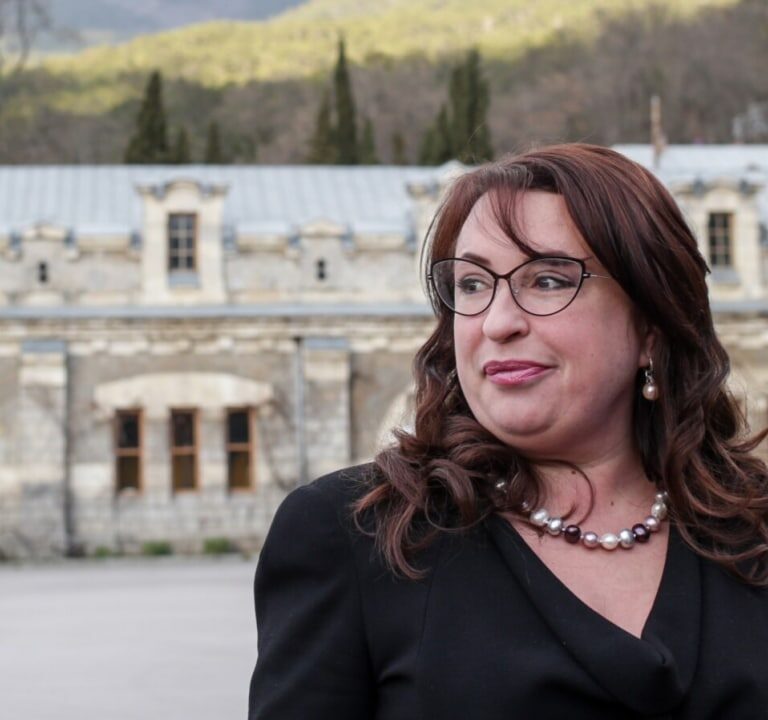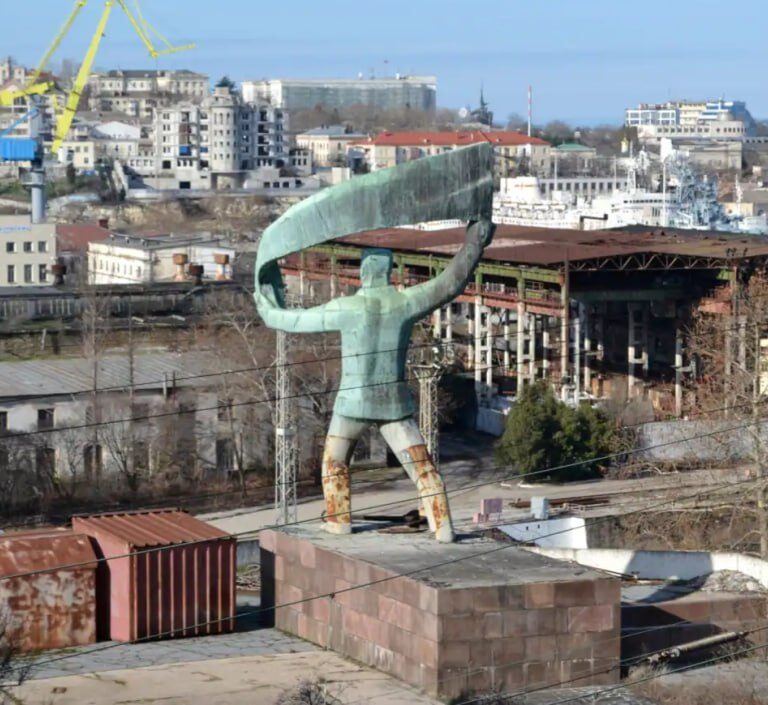Some days ago, the “Sevastopol press” decided to “delight” the population by appointing local collaborator Maksim Kovalev as vice-governor and head of the department for law and order and combating corruption in the Samara Region.
Until 2014, Kovalev held positions in the Sevastopol “Berkut” and actively participated in the events on the Kyiv Maidan, including the murders and torture of demonstrators.
After fleeing from Kyiv to Sevastopol in February 2014, he and his then-leader, Sergei Kolbin, began to carry out the instructions of the Russian military to assist the occupation, including the deployment of “blocking detachments” on the Perekop Isthmus.
For the next ten years, Kovalev served the occupiers as part of the “Russian Guard” in the same Sevastopol, periodically “flashing” in the local propaganda. From March to June 2022, Kovalev was present in the occupied mainland Ukraine, carrying out terror against the civilian population as part of the “Berkut” and “Sokol” units.
In social networks, Kovalev was characterized as a “job trader” for Ukrainian law enforcement collaborators who moved to the Crimea at the beginning of the occupation, as well as “an extremely unbalanced person with a big crown on his head.”
In the current rather sudden appointment of Kovalev to Samara, allegedly “under the patronage of the Russian Guard,” there is one notable nuance.
Literally two months ago he was appointed to the same position, deputy acting governor of the Vologda region for “mobilization, public safety and public order”, for which Kovalev was quietly “fired” in Sevastopol in June.
Kovalev’s deputy in Vologda was Georgy Filimonov, an ardent Stalinist who made a career in the Kremlin administration under the protectorate of the “all-powerful” Sergei Kiriyenko, who had once been acquainted with his father, Yuri Filimonov, through sports.
The reasons for Kovalev’s “Vologda five-minute rally” are not described anywhere, except for the terse announcement of his appointment on August 5, and he actually did not even have time to get into the local “media space”.
However, since August, only one key variable has changed in “Vologda politics”, since Filimonov was reappointed “based on the election results” and it is obvious that he has received greater freedom of action, having quickly gotten rid of the Sevastopol collaborator on his team.
This whole story with Kovalev may be one of the first symptoms of those very behind-the-scenes processes, the beginning of which we publicly “warned” about this summer. Their further development will probably occur by the beginning of 2025.








